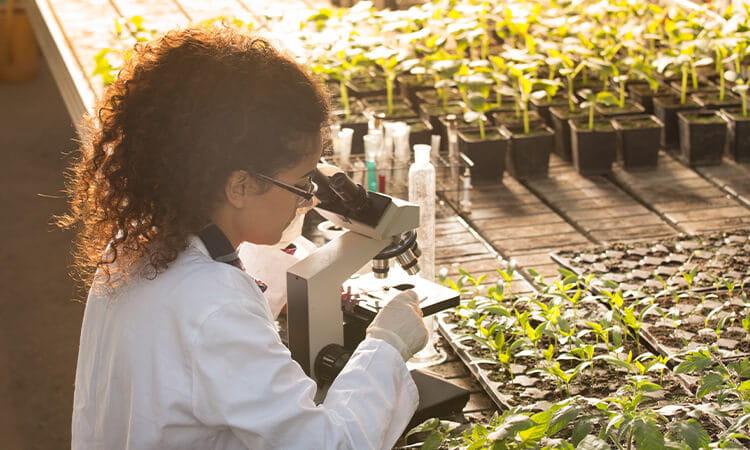What does an biologist do?
Get right into the nitty-gritty of how living organisms function and interact with their environment. As a Biologist (also known as a Life Scientist) you would study the anatomy, physiology and biochemistry of humans, animals, plants and other living organisms. In terms of day-to-day work, you might be wondering 'what does a Biologist do?'. The role of a Biologist is varied and can involve conducting experiments, researching, preparing reports, or presenting findings. These activities could specifically relate to the forms and structures of bodily organs, or the chemical structures of living cells. Alternatively, you might be examining micro-organisms like bacteria, or investigating how plant growth is affected by environmental factors. Your research could help advance medical, industrial, or agricultural practices.
Other related occupations include Immunologist, Anatomist, Physiologist, Zoologist, Botanist, Microbiologist, Ecologist and Geneticist.
Is a career as an biologist right for me?
Careers in biology or life science requires an inquisitive nature and a fascination with all things living, from bacteria to animals to humans! Other skills and attributes beneficial for this role include:
- high attention to detail
- the ability to think logically and analytically
- strong communication and research skills
- the ability to work independently and in a team
- exceptional problem-solving skills.
How to become an biologist
Every journey to study is individual and there are several paths to a career in biology. At UniSQ, we offer the following degrees in the area of biology:Source: yourcareer.gov.au
© Commonwealth of Australia
Last updated August 2023.
